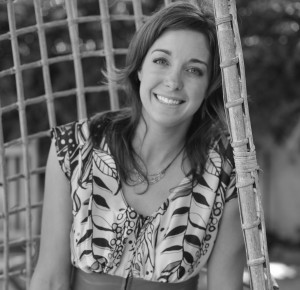For this December’s Face Value column in American Salon, we spoke with physician assistant Jenn Baltazar of Rox Spa in Newport Beach, CA, who discussed ways medspa treatments and salon treatments can work together. Here, she talks more about the importance of communication between client and practitioner.
On one point Baltazar was particularly adamant: any skin treatment, no matter where it’s performed, should begin with a thorough and complete consultation. “Full disclosure is really important, especially for people who are using things like retinoid creams,” Baltazar says, explaining that some topical treatments can heighten skin sensitivity. “They may be taking antibiotics, pregnant or breastfeeding.” A chemical peel, for example, should never be performed on a pregnant woman, but microdermabrasion is a safe alternative. Baltazar issues a comprehensive questionnaire to every client at every visit. It’s important, she says, because clients are sometimes less than forthcoming.
Baltazar asks about things like prior hospitalizations to sidestep possible landmines the client herself may not be thinking about. The obvious trauma from a recent breast augmentation, rhinoplasty (nose job) or other facial plastic surgery may be absent, but that doesn’t mean the skin of the face or décolleté is ready to withstand the assault of a dermabrasion wand or even the pressure of your hands. “If they’re in the early stages of recovery, everything’s in a very fragile position,” Baltazar explains.
Another important issue is whether or not your client is spending any time in the sun, and whether she’s being faithful about sunscreen. Working in Southern California, Baltazar sees a lot of sun-damaged faces. “I can walk into a room and know who grew up here and who didn’t!” she says.
“We’ll go to no end for beauty,” Baltazar exclaims. A confident practitioner who knows what to ask can take treatments to the extreme with confidence that she’s not putting her client at risk in the process.--Karen Ford
